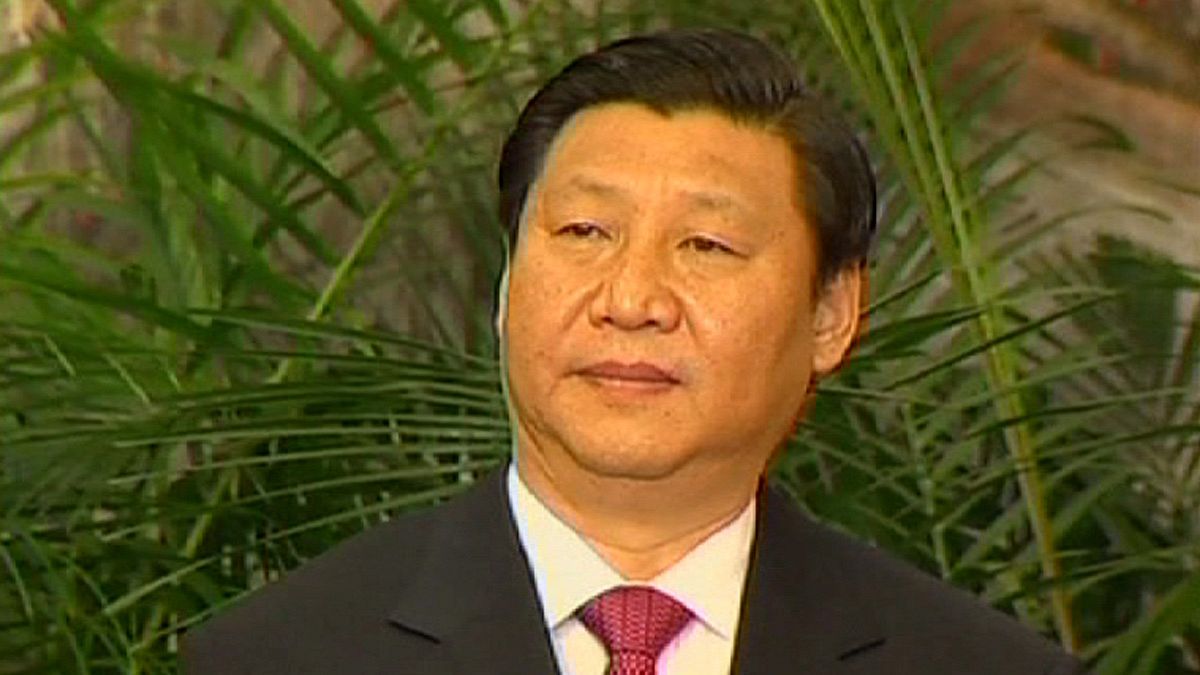It is expected that the face which will be overseeing China for the next decade will be that of Xi Jinping, now age 59. Born after the 1949 revolution and the founding of today’s People’s Republic, today he is President-in-waiting, also Secretary General of the Communist Party, picking up where Hu Jintao left off.
Like his predecessor, Xi is a strict party man. But he is also one of those known as a ‘Red Prince’. His father was a hero of the revolution, who became deputy prime minister in 1963, though a few years later he was jailed – in a time of purges, persecution and proletarian re-education.
American journalist and linguist Sidney Rittenberg, who was also imprisoned by Chairman Mao, the founder of modern China, offered a favourable opinion of Xi’s origins.
The former translator Rittenberg said: “My impression of Xi Jinping is quite positive. First, because I knew his father very well. His father was a very good man in my opinion, probably the most democratic-minded member of the old party leadership.”
Millions of Chinese were also forcibly displaced during the subsequent ‘Cultural Revolution’, or were murdered, harassed and abused in the organised mass hysteria and chaos under Mao’s leadership.
Xi was one of those sent for rural toughening up, like so many young, educated people from cities. Trying to leave Shaanxi province landed him in a labour camp. Nine times he tried to join the Communist Party and was barred for connection to his father.
Mao died, at last his father was released, Xi earned a degree in chemistry and joined and climbed within the party, in economically thriving coastal Zhejiang province in the 1980s.
He won praise for anti-corruption action, in the media and attracting attention all the way to Beijing.
Zhou Dewen, the head of an association for smaller businesses in Wenzhou said of Xi: “He is an incorruptible leader, and that will help him break various obstacles in economically reforming China, for example, obstructions caused by big interests.”
Party Chief of Shanghai, then in charge of the Beijing Olympics, leading government man in Hong Kong… Xi represented China far and wide, and was an enigma, though no stranger to the White House.
He put foreign policy watchers on notice as early as 2009, in Mexico. He made clear that his reputation for rectitude and consideration for reform did not make him an apologist for Chinese power.
Xi, by then Vice President of China, said: “There are some bored foreigners with full stomachs, who have nothing better to do than try to point fingers at our country. First, China does not export revolution; second, China doesn’t export hunger and poverty; third, China doesn’t come and cause you any headaches. Just what else do you want?”
Xi’s wife Peng Liyuan is a civilian member in the Chinese army with a general’s rank – a famous singer. They have a daughter at Harvard, and, according to business magazine Bloomberg, the family is worth several hundred million euros.
